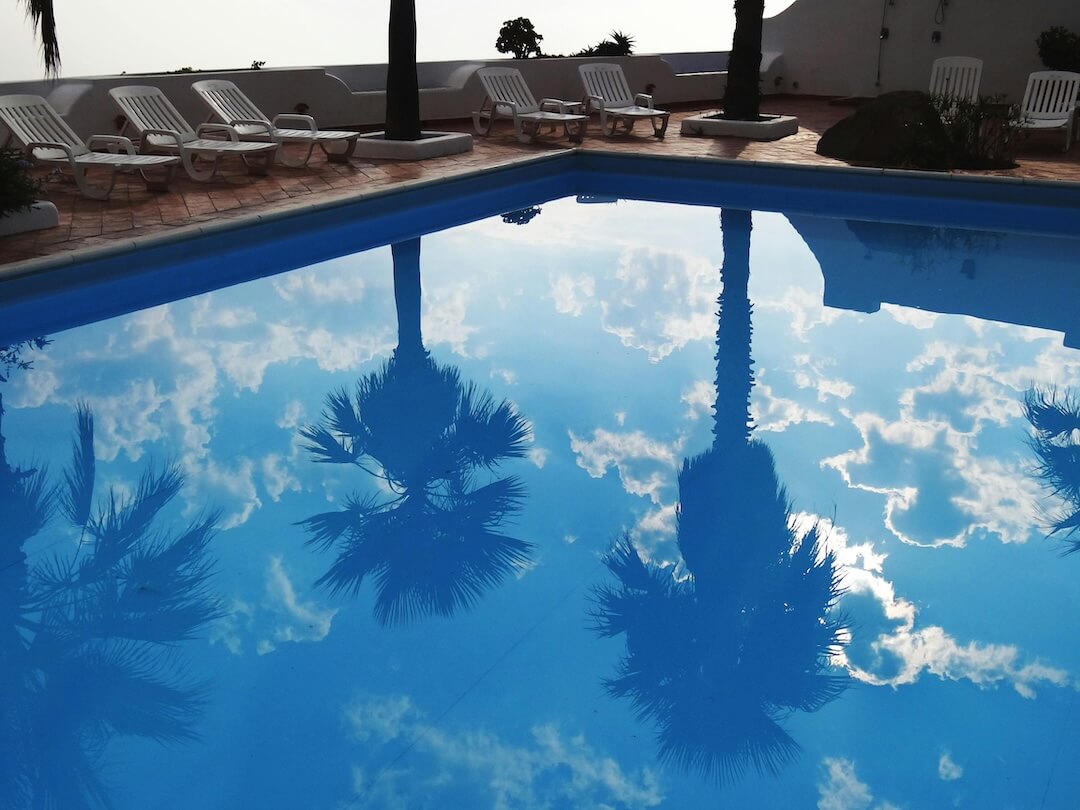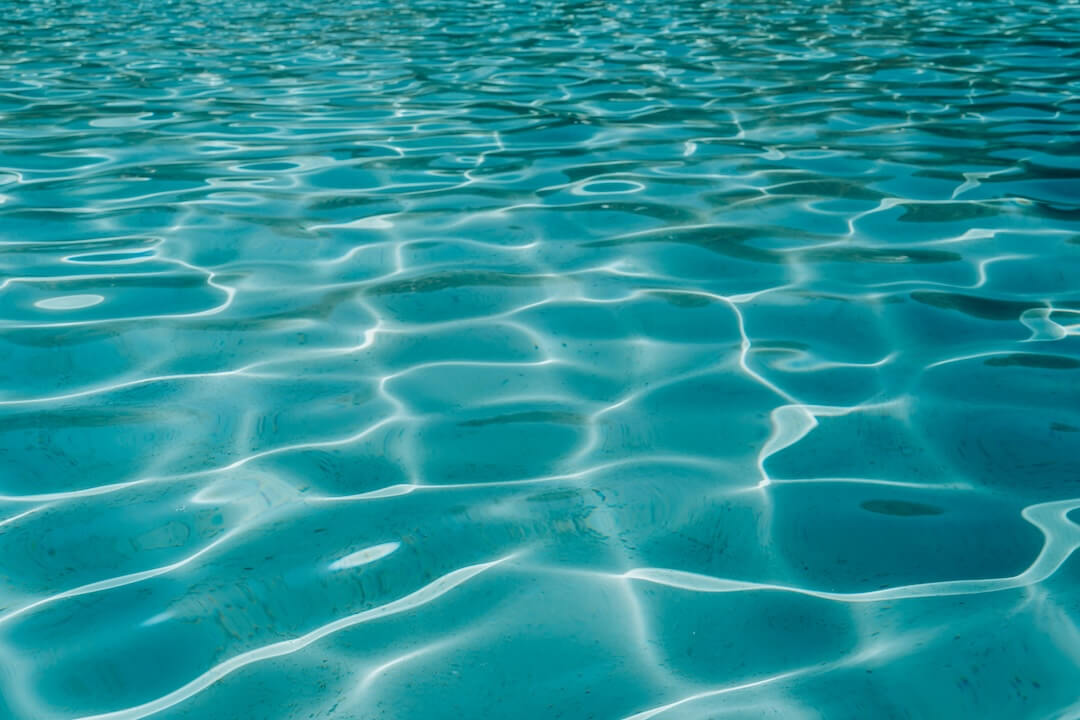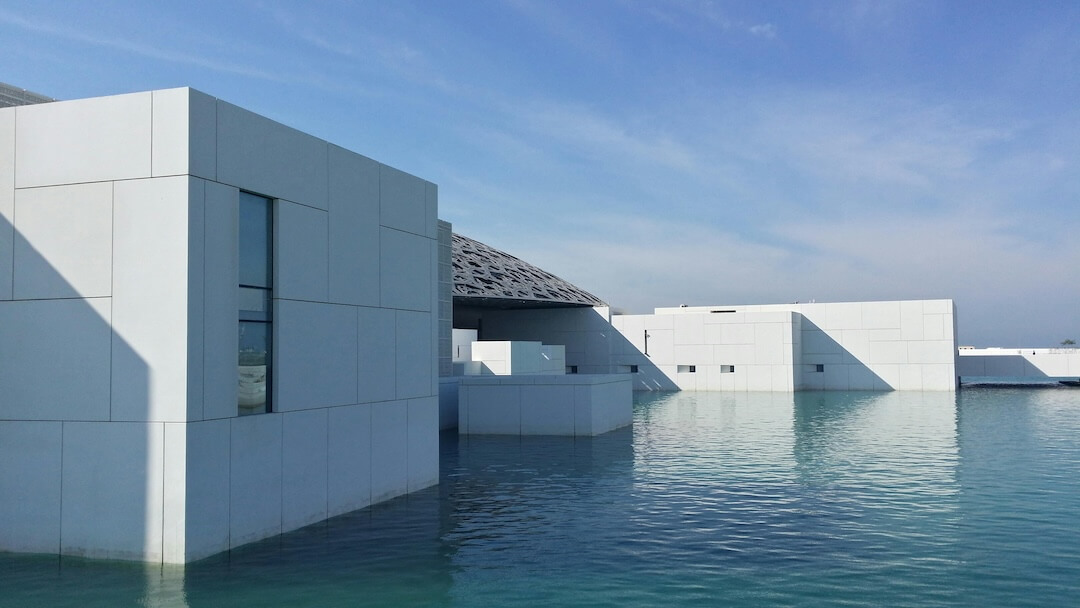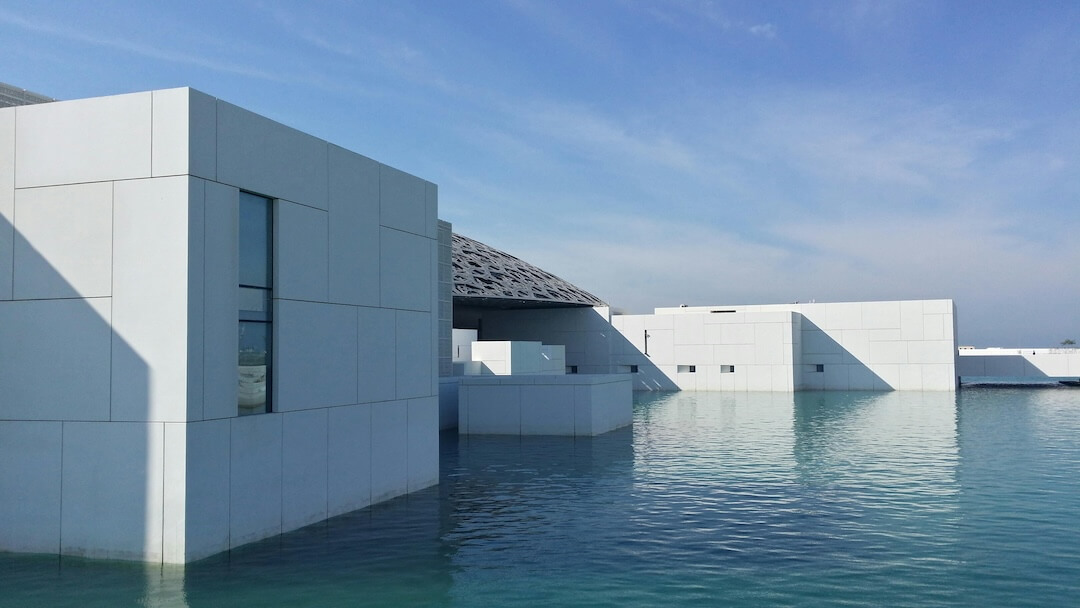Why Your Pool Water Smells Like Chlorine

Why Your Pool Water Smells Like Chlorine
In the vibrant community of Fort Lauderdale, having a sparkling clean and fresh-smelling pool is a must for residents who love relaxing outdoors or entertaining guests. Yet, many homeowners notice an overpowering chlorine scent in their pool water, which can be confusing and sometimes concerning. Despite the smell, this often indicates underlying issues that require attention to ensure your pool remains safe, healthy, and inviting. Understanding why your pool water smells like chlorine is the first step toward maintaining optimal water quality in your Fort Lauderdale home.
What Causes the Chlorine Smell in Pool Water?
The characteristic smell of chlorine often leads pool owners in Fort Lauderdale to assume their water is heavily chlorinated or contaminated. However, in many cases, the strong chlorine odor is a sign of chemical imbalance rather than excess chlorine. When pool water contains chloramines, which are compounds formed when chlorine reacts with organic matter like sweat, body oils, dirt, and other pollutants, the familiar smell intensifies. These chloramines are what give off that pungent “chlorine” smell, but they actually indicate that your pool needs better sanitation or filtration.
Another common cause is insufficient circulation or filtration, which allows contaminants to build up, increasing the formation of chloramines. Additionally, high bather loads or inadequate shocking (oxidation) treatments can contribute to this odor. In Fort Lauderdale, where pools are frequently used due to the warm climate, maintaining a proper balance of chemicals and ensuring the filtration system is functioning correctly is essential to reduce unwanted smells.
Why Does My Pool Have Too Much Chlorine?
Sometimes, homeowners in Fort Lauderdale notice a very strong chlorine smell, which may be due to overcompensation. When pool owners add excess chlorine trying to eliminate perceived bacteria or algae, it can lead to a high chlorine residual in the water. Ironically, this can exacerbate the chlorine odor because a high chlorine level combined with organic contaminants produces more chloramines, creating a cycle of bad odors and potential skin or eye irritation.
Excess chlorine also poses health risks, especially in Florida’s humid environment where skin and respiratory issues can be amplified. It’s important to maintain proper chlorine levels—generally between 1 to 3 parts per million (ppm)—to keep the water sanitized without creating a strong smell.
How Does Chloramine Formation Contribute to the Smell?
Chloramines are a principal factor behind the chlorine smell. They form when free chlorine reacts with nitrogen-containing compounds from sweat, oils, and other organic debris introduced by swimmers. These compounds are common in community pools and residential pools in Fort Lauderdale, especially during peak swim seasons.
When chloramines accumulate, they not only cause the familiar pungent odor but can also irritate the eyes, skin, and respiratory system. This is why regular shocking of your pool with a strong oxidizer like calcium hypochlorite or other non-chlorine oxidizers is recommended. Proper oxidation breaks down chloramines into harmless compounds, restoring your pool’s clarity and odor-free condition.
Could Imbalanced Water Chemistry Be the Culprit?
An imbalance in pH, alkalinity, or stabilizer levels can also lead to chlorine odors. For instance, if your pool’s pH is too high (above 7.8), chlorine becomes less effective at sanitizing and tends to produce more chloramines. Conversely, if pH is too low, it can cause corrosion of pool equipment and increase chlorine demand, which may result in higher chemical use and odors.
In Fort Lauderdale, where the water tends to be naturally alkaline, maintaining a proper pH (around 7.4 to 7.6) is critical. Regular testing and balancing of water chemistry are necessary to prevent the formation of chloramines and the associated smell.
How Does Temperature Influence Chlorine Odors?
Florida’s warm climate leads to higher water temperatures in pools, which can accelerate chemical reactions and bacterial growth. Elevated temperatures increase the demand for chlorine, and if not managed properly, can lead to increased chloramine formation. Furthermore, warm water enhances the volatility of chlorine compounds, making the smell more noticeable.
To combat this, Fort Lauderdale pool owners should monitor water temperature and adjust sanitizer levels accordingly. Using a proper pool cover when not in use can also help regulate temperature fluctuations and reduce chemical consumption.
What Practical Steps Can I Take to Reduce the Chlorine Smell?
Addressing the root causes of chlorine odors involves a combination of proper maintenance and water chemistry management. Here are some expert tips for Fort Lauderdale residents:
- Test and balance your water chemistry regularly: Maintain proper pH, alkalinity, and stabilizer levels using tested pool test kits or professional services.
- Shock your pool periodically: Use pool oxidizers or non-chlorine shock products to destroy chloramines and organic contaminants.
- Ensure your filtration system is operating effectively: Clean filters regularly and run your pump long enough each day to circulate all water properly.
- Reduce organic load: Encourage showering before swimming and limit the number of bathers to minimize sweat, oils, and dirt introduced into the pool.
- Use enzyme-based treatments: These help break down organic matter and reduce chloramine formation, leading to a fresher smell.
- Maintain appropriate chlorine levels: Avoid over-chlorination by testing frequently and following recommended guidelines.
- Consider alternative sanitizers: For some Fort Lauderdale homeowners, switching to saltwater systems or UV sanitization can reduce chemical odors while maintaining water safety.
When Should You Call a Fort Lauderdale Pool Professional?
If despite your best efforts, your pool continues to emit a strong chlorine smell or shows signs of poor water quality, it’s time to consult a local pool maintenance expert. Our professional technicians can perform comprehensive water testing, identify specific issues, and provide tailored solutions to restore a fresh, odor-free swimming environment.
Regular professional servicing also ensures your pool’s equipment runs efficiently, reducing chemical costs and preventing long-term problems associated with chemical imbalances.
The Importance of Consistent Pool Maintenance in Fort Lauderdale
In the Florida climate, maintaining consistent pool maintenance routines is vital to preventing issues like strong chlorine smells. The combination of warm weather, high bather activity, and frequent outdoor use demands a proactive approach. Keep in mind that properly balancing chemicals, maintaining filtration systems, and oxidizing regularly are the keys to a crystal-clear, fresh-smelling pool.
By partnering with our trusted Fort Lauderdale pool experts, you can enjoy peace of mind knowing your pool is safe, sanitary, and inviting—free from overpowering chemical odors that detract from your outdoor oasis.
In conclusion, the smell of chlorine in your Fort Lauderdale pool doesn’t necessarily mean trouble but signals you need to pay attention to water chemistry and sanitation practices. With proper maintenance, routine testing, and expert guidance, you can eliminate unwanted odors and enjoy a clean, refreshing swimming experience all year round. Contact our local professionals today to get your pool in perfect condition and experience the true joy of a pristine Florida pool environment.



